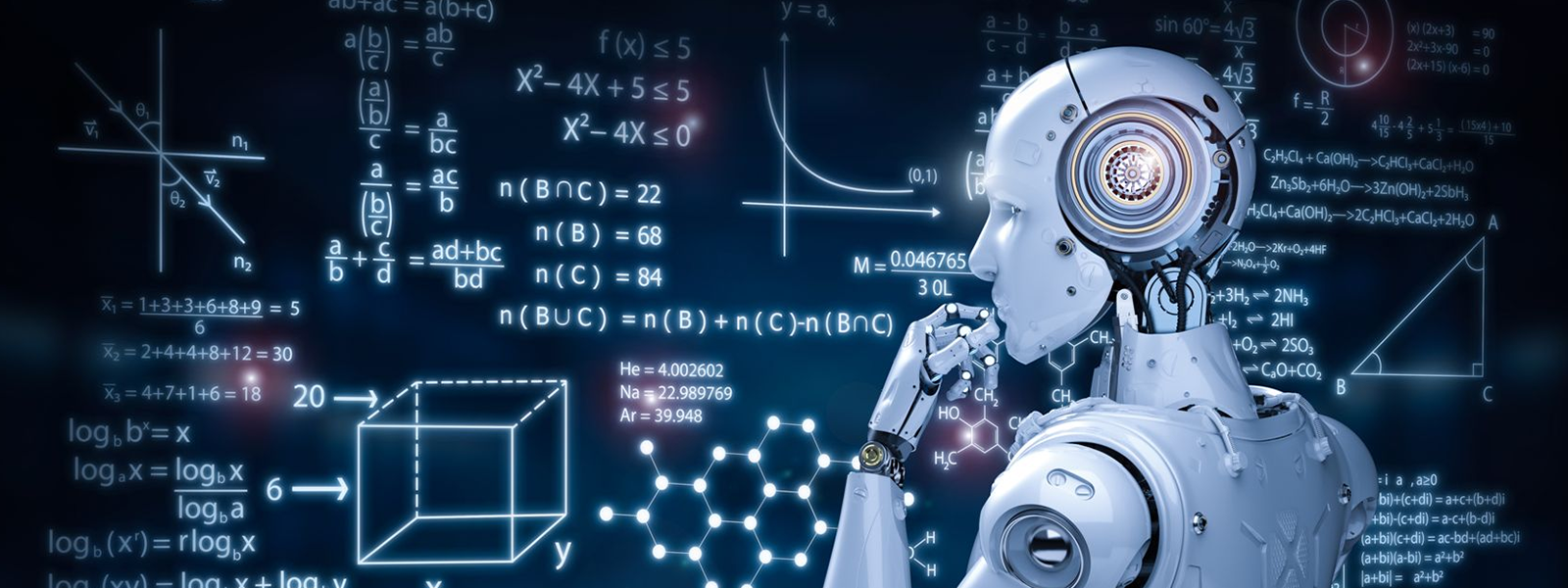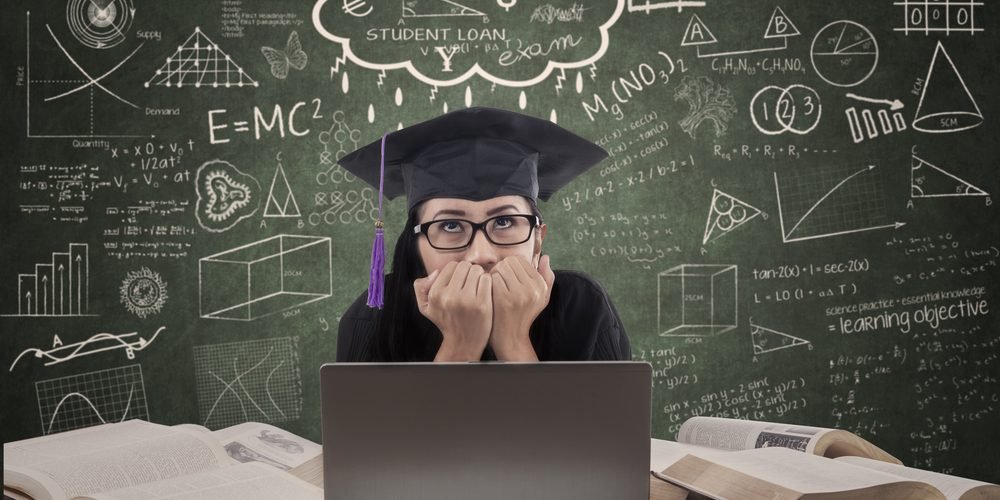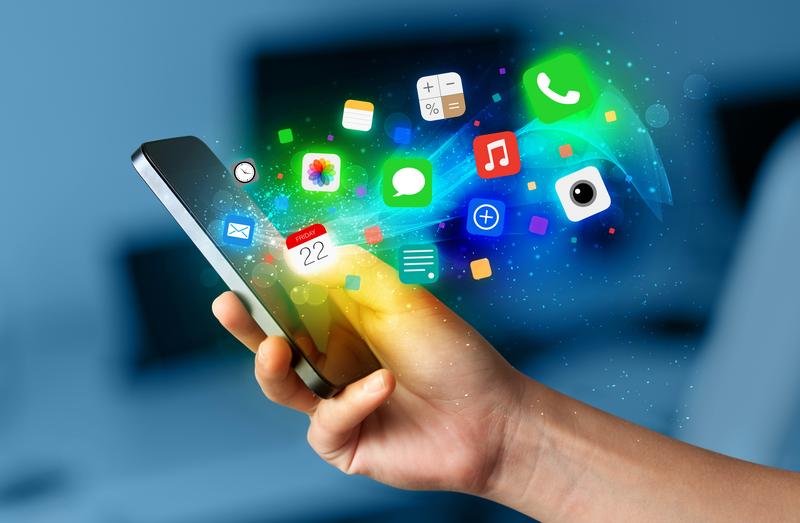The education sector is undergoing a groundbreaking transformation driven by advancements in artificial intelligence (AI). Traditional teaching methods, often characterized by a one-size-fits-all approach, are being replaced by personalized learning systems that adapt to the unique needs, preferences, and learning paces of individual students. This article explores how AI is revolutionizing education, highlighting its benefits, challenges, and future potential.
Understanding Personalized Learning
Personalized learning is an educational approach that tailors teaching methods, curricula, and learning speeds to each student’s unique requirements. This method enhances student engagement and retention by aligning learning processes with individual strengths, weaknesses, and interests.
AI’s Role in Personalized Learning
AI serves as a catalyst for creating truly customized educational experiences. By leveraging data analysis, machine learning algorithms, and adaptive technologies, AI transforms traditional education into a dynamic, student-focused system. Key applications include:
Dynamic Content Adjustment
AI-driven platforms like Knewton and DreamBox modify lessons in real time based on student performance, ensuring the right level of challenge and support.
Virtual Tutors
AI tools such as Carnegie Learning provide interactive, one-on-one tutoring experiences that replicate human assistance.
Learning Behavior Analysis
AI systems analyze student performance patterns to predict challenges and suggest targeted interventions.
Customized Study Paths
AI develops personalized study plans by analyzing individual data, focusing on areas that need improvement.
The Advantages of AI in Education
1. Improved Learning Experiences
AI-powered platforms integrate gamification, interactive exercises, and multimedia, catering to diverse learning styles and keeping students engaged.
2. Enhanced Accessibility
AI promotes inclusivity by addressing learning barriers:
- Assistive Technologies: Tools like screen readers and text-to-speech software support visually impaired students.
- Real-Time Translations: AI enables non-native speakers to access educational content seamlessly.
- Support for Learning Disabilities: Technologies such as speech recognition aid students with dyslexia or other challenges.
3. Efficiency for Educators
AI minimizes administrative workloads, allowing educators to focus on teaching:
- Automated Grading: AI evaluates quizzes and assignments instantly.
- Lesson Planning Assistance: AI recommends lesson plans based on student needs and curriculum standards.
4. Data-Driven Insights
AI provides actionable insights through advanced data analysis:
- Early detection of struggling students.
- Personalized feedback based on performance.
- Predictions for exam outcomes and overall progress.
Challenges of AI in Education
1. Financial Constraints
Implementing AI technologies requires substantial investment in software, hardware, and infrastructure. Underfunded institutions risk being left behind.
2. Data Privacy and Security
AI relies heavily on student data, raising concerns about privacy. Institutions must comply with strict regulations to safeguard sensitive information.
3. Resistance to Change
Educators and administrators may resist AI adoption due to concerns about job displacement or lack of familiarity. Comprehensive training is essential for smooth integration.
4. Algorithmic Bias
AI systems can unintentionally perpetuate biases, leading to unequal opportunities. Ensuring transparency and fairness in AI algorithms is crucial for equity.
The Future of AI in Personalized Learning
Lifelong Learning Opportunities
AI will transform education into a lifelong journey. Platforms like Udemy and Coursera already use AI to recommend tailored courses, with future advancements offering personalized mentorship.
Immersive Learning with AR and VR
Combining AI with augmented reality (AR) and virtual reality (VR) will revolutionize education. Students can explore historical events, conduct virtual science experiments, or visualize abstract concepts.
Smarter Career Counseling
AI-powered tools will analyze students’ interests and aptitudes, providing personalized career guidance and insights into job market trends.
Teachers as Facilitators
Rather than replacing educators, AI will enhance their roles, enabling them to:
- Design innovative lesson plans.
- Provide tailored support to students.
- Improve teaching strategies using data-driven feedback.
Collaborative Global Learning
AI will connect students worldwide, fostering cross-cultural collaboration through real-time translation and communication tools.
Real-Life Applications of AI in Education
- Duolingo: Adapts language lessons based on user progress, offering a gamified learning experience.
- Century Tech: Creates personalized learning journeys by identifying knowledge gaps and strengths.
- Squirrel AI: Provides adaptive learning systems for K-12 students, ensuring tailored academic support.
Conclusion
AI is revolutionizing education by making learning more accessible, engaging, and efficient. Despite challenges such as financial constraints and data privacy concerns, the benefits far outweigh the obstacles. As technology continues to advance, AI will play an increasingly pivotal role in shaping the future of education.
By embracing AI-driven innovations, we are not merely transforming how education is delivered but also laying the foundation for a brighter, more inclusive future. The harmonious integration of AI and human educators will create a global learning ecosystem where every student can thrive.







Leave a Reply